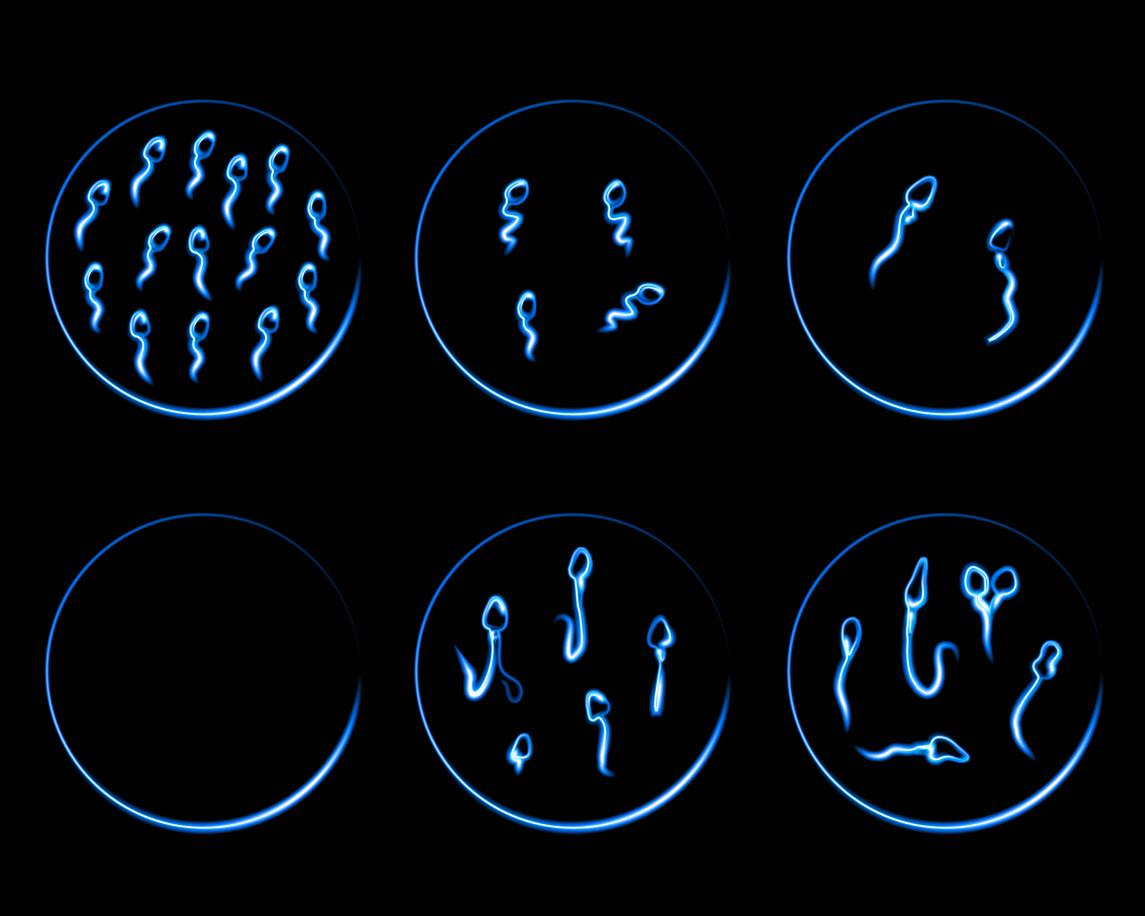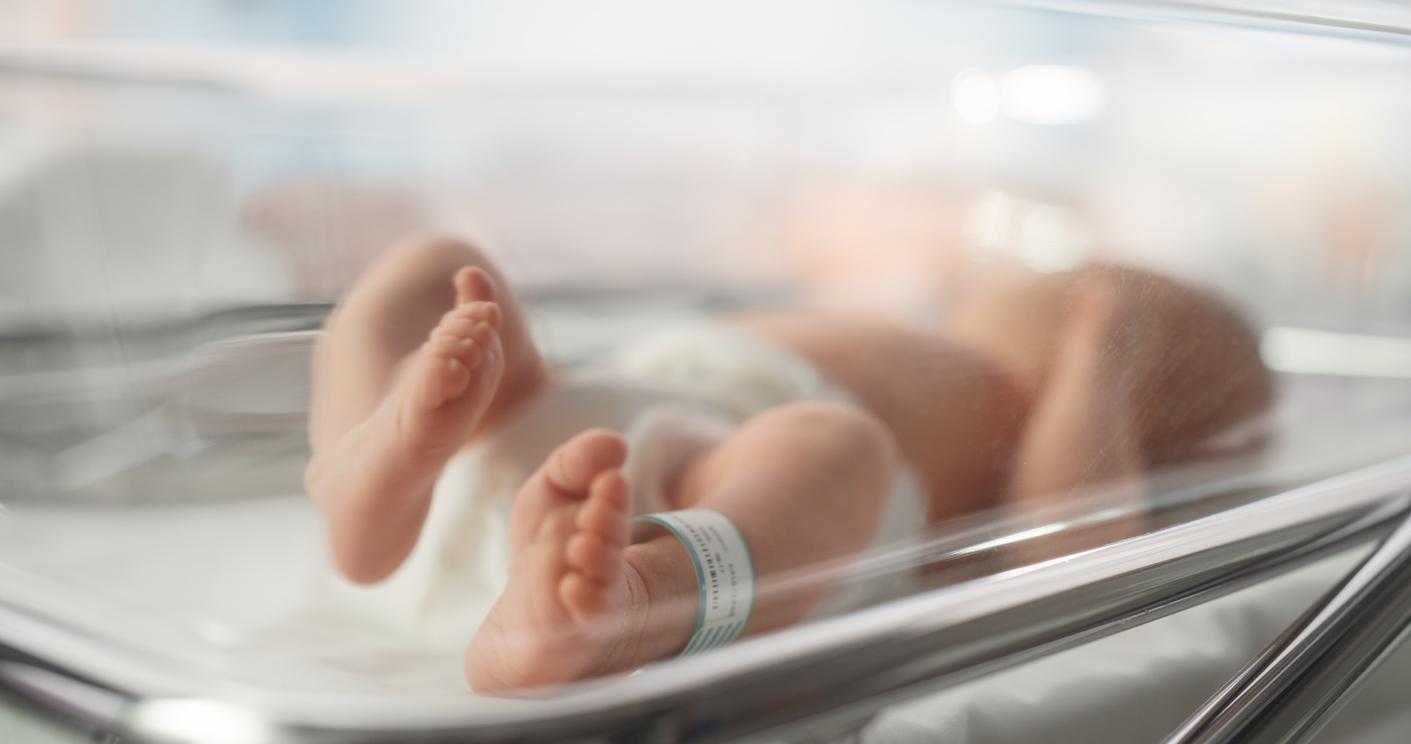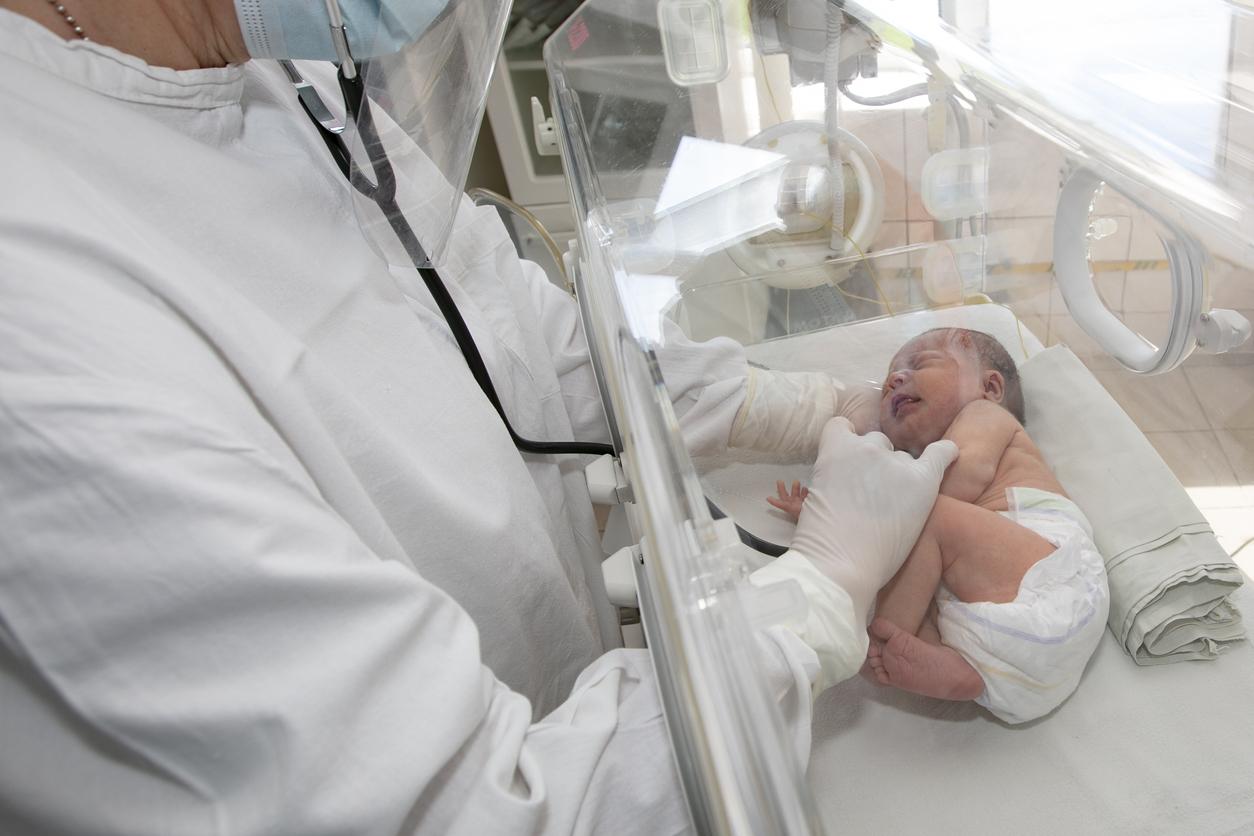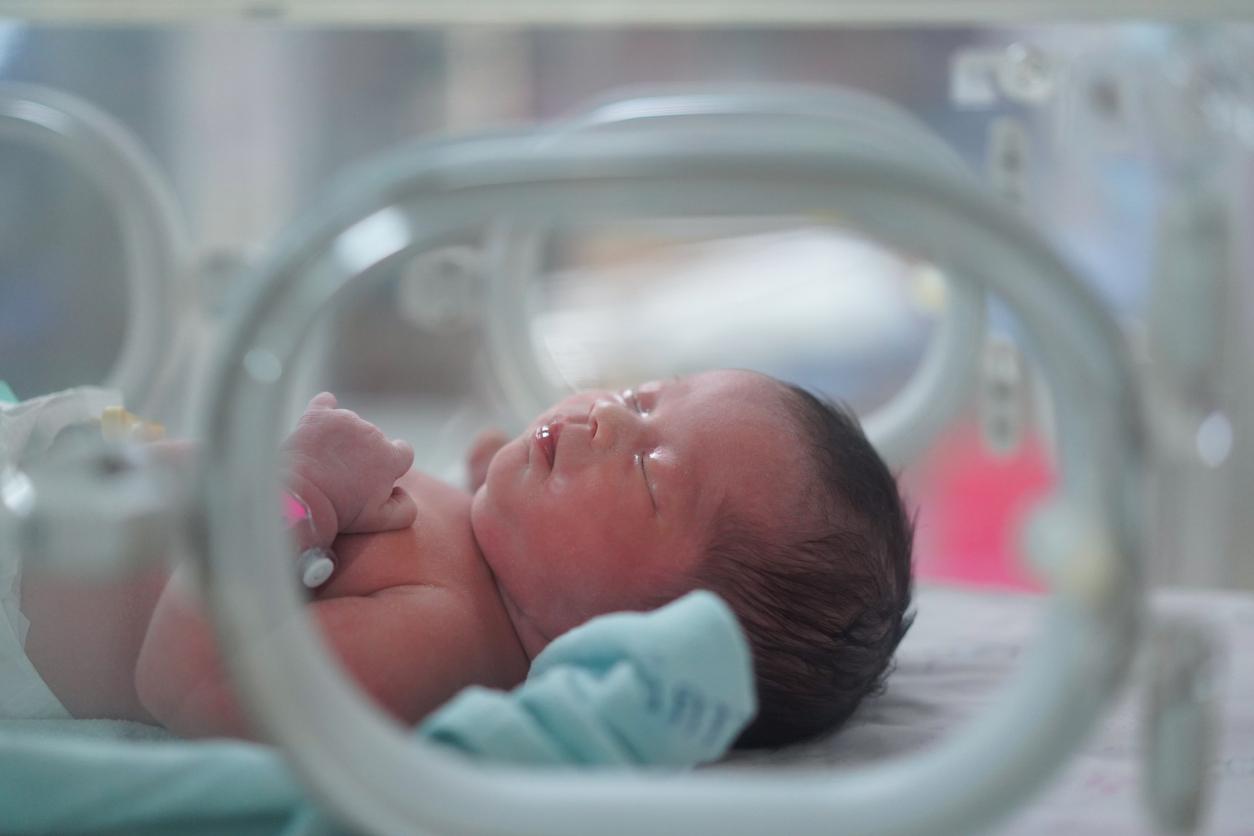If the French continue to have children, the economic crisis has slowed down the progress of previous years. But in Europe, the birth rate is declining.

The French can still boast of one of the highest fertility rates in Europe. While the economic crisis and unemployment have caused a decline in fertility in many countries, the figures remain stable in mainland France: 792,000 in 2012 against 793,000 in 201; the fertility indicator also, with an average of 2 children per woman. If women under 30 have fewer children than in the past (down since 2010), this decline is largely offset by an increase in fertility among women in their thirties, and this since the end of the 1970s.
This observation, drawn up in a study of the National Institute of Demographic Studies may seem surprising. Indeed, the economic crisis has reduced births in many countries. Thus, in Europe, we observed a decline in fertility from 2009 – 2010. In Iceland, for example, the average number of children per woman fell from 2.23 in 2009 to 2.02 in 2011. In Germany and in Spain, this rate is 1.36 children. Nothing comparable in France, where we went from 2.02 children in 2010 to 2 in 2011. Although the crisis has put a brake on births, it has therefore not caused the fertility rate to fall.
Listen to Gilles Pison, look at the National Institute of Demographic Studies, author of the study: “France escapes the decline. But without the crisis, the indicator which was on the rise would undoubtedly have continued to rise, and it would exceed two children per woman. “
Less severe recession and better social policy
These figures can be explained in two ways: first by a less severe recession in France than in other countries, then by social and family policies which cushioned the shock of the recession. “It is in countries where government policies work both to promote women’s work and to reconcile their work and children that the fertility rate is highest”, comments Gilles Pison. Contrary to popular belief, it is also in countries where women work the most that they have the most children, also underlines the researcher.
Listen to Gilles Pison : “France is quite close to the countries of northern Europe, which have a fairly developed social and family policy. “
Concerns at European level
In the future, it is not excluded that births and the fertility indicator will continue to be maintained in France, always for the same reasons. Good news for the French, of course, which cannot compensate for the situation at European level. In its Quarterly Review published on March 26, the Brussels Commission also highlights the link between economic crisis, social crisis and decline in fertility and birth rate. Thus, the European fertility indicator has stopped increasing. It is now stabilized at a level slightly below 1.6 children per woman.
The Commission is worried about the possible consequences: while life expectancy continues to increase, the decline in births poses a serious threat to the financing of pensions. It also underlines the significant risks of contraction and aging of the workforce.
.

















